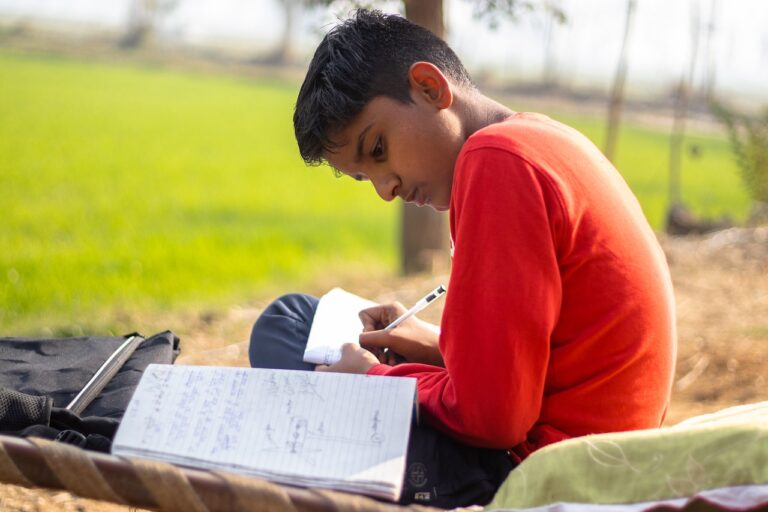The Benefits of School-Industry Partnerships
Collaboration plays a pivotal role in fostering a more holistic understanding of diverse perspectives and ideas. Working together with others allows for a synergy of unique strengths and expertise, resulting in innovative solutions to complex problems. Through collaboration, individuals are able to approach challenges from various angles, drawing on their collective knowledge and experiences to achieve optimal outcomes.
Furthermore, collaboration cultivates a sense of unity and solidarity among team members, promoting a positive work environment built on trust and mutual respect. By leveraging the strengths of each team member, collaboration empowers individuals to contribute to the shared goals and objectives of a project. The collective effort and shared responsibility inherent in collaboration not only lead to increased productivity and efficiency but also enhance overall team morale and satisfaction.
Enhanced Learning Opportunities
Collaboration among students in educational settings is essential for creating enhanced learning opportunities. When students work together on projects or assignments, they are able to share knowledge, skills, and perspectives. This collaborative effort not only deepens their understanding of the subject matter but also cultivates important teamwork and communication skills that are vital for success in the real world.
Moreover, through collaboration, students are exposed to diverse ideas and ways of thinking that they may not have encountered on their own. This exposure to different perspectives challenges their assumptions and encourages critical thinking. By engaging in collaborative learning experiences, students are better prepared to navigate the complexities of the modern world and contribute meaningfully to their future careers.
Real-World Experience
Incorporating real-world experience into educational settings provides students with hands-on learning opportunities that cannot be replicated in a traditional classroom. By engaging in real-world projects, students are able to apply theoretical knowledge to practical situations, enhancing their understanding and skills in a tangible way. This experiential learning approach allows students to see the direct impact and relevance of their studies in a professional setting, preparing them for the complexities of the workforce.
Furthermore, real-world experience cultivates critical thinking and problem-solving skills as students navigate challenges and uncertainties outside the classroom environment. By being faced with authentic issues and scenarios, students are encouraged to think creatively and strategically to find viable solutions. This not only deepens their learning but also hones their ability to adapt to different situations, equipping them with valuable skills that will benefit them in their future careers.





